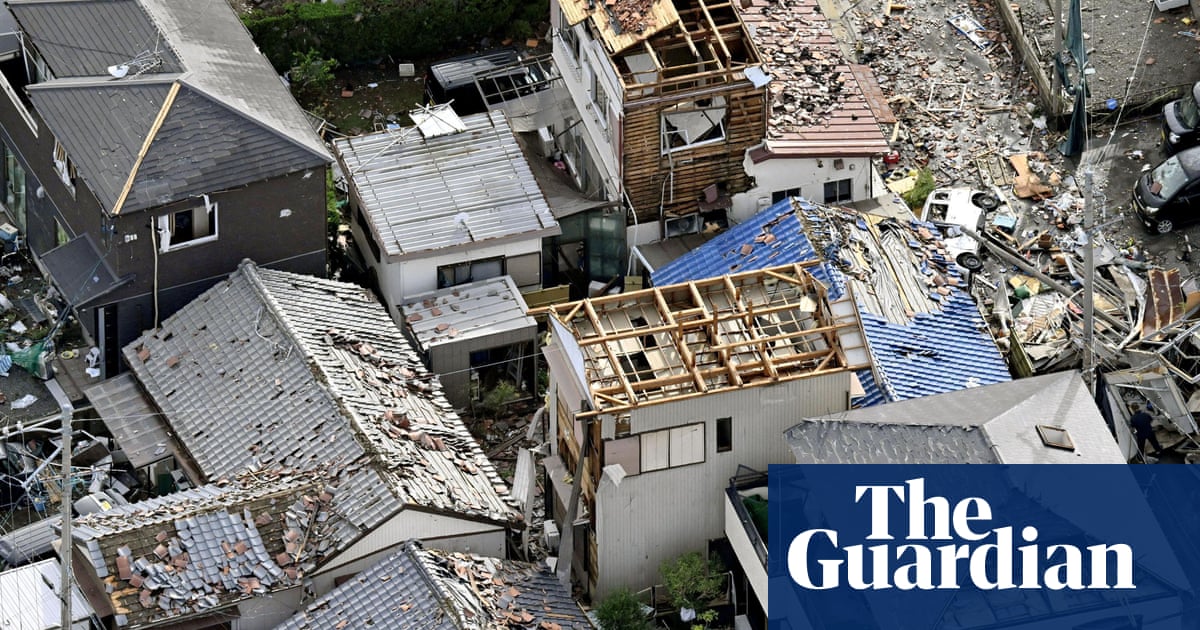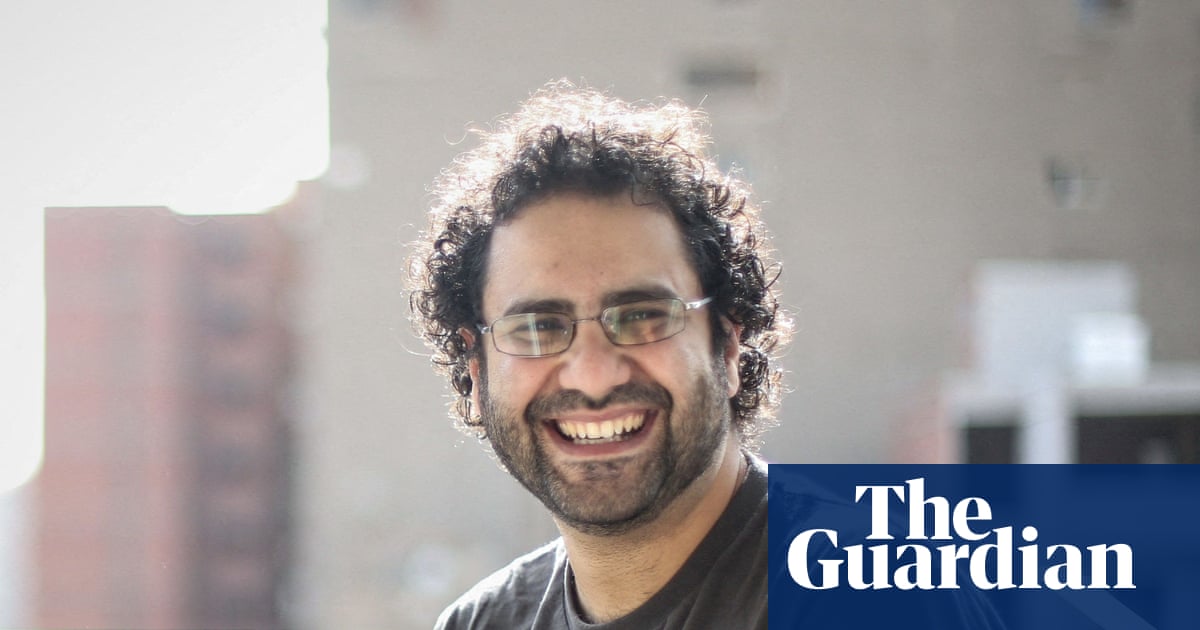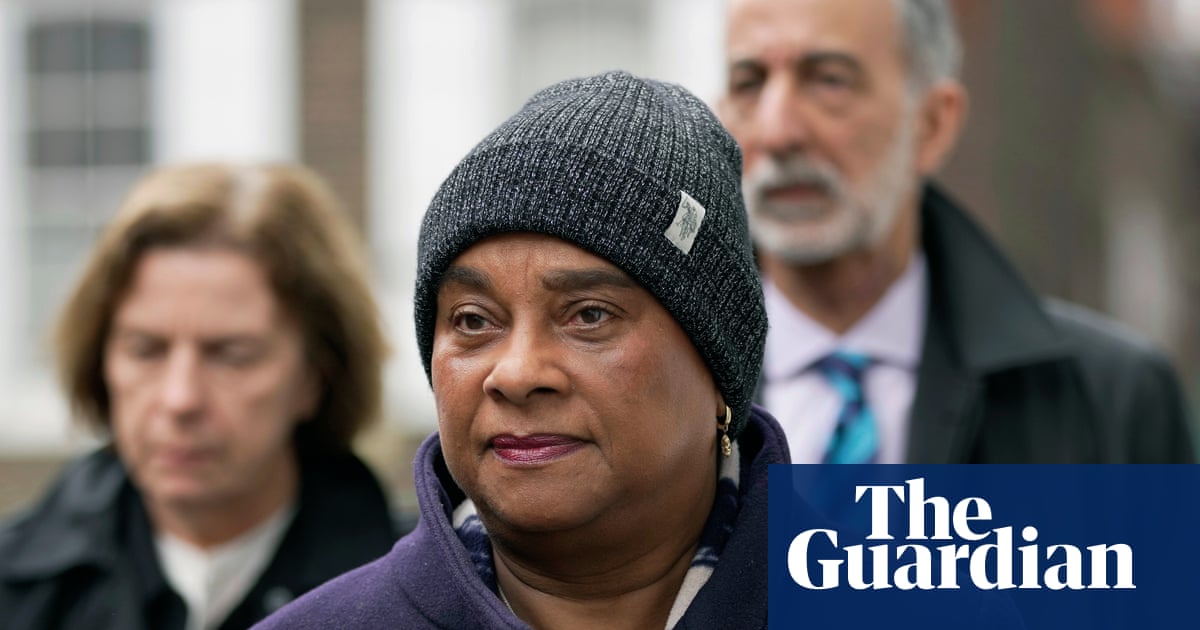Parental intuition is more likely to predict critical illness among children than vital signs used to monitor health, according to a study that strengthens the case for families to have a right to a second opinion under Martha’s rule being piloted in the NHS.
Experts from Monash University in Melbourne, Australia, said parents should be treated as part of a child’s care team in hospital after data on almost 190,000 emergency hospital visits involving children.
The researchers found that prenatal concern was associated with a higher likelihood the child would need to be given help to breathe, or mechanical ventilation.
The research, published in the Lancet’s journal on Child and Adolescent Health, noted that in almost one in five cases (19.3%) parents raised concerns about deterioration before vital signs indicated that the child was deteriorating.
It comes after the tragic case of Martha Mills, who developed sepsis after an injuring her pancreas when she fell off her bike. She died in 2021 when doctors ignored repeatedly the concerns of her parents about her deterioration while in hospital.
A coroner ruled she would most likely have survived if doctors had identified the warning signs of her rapidly deteriorating condition and transferred her to intensive care earlier.
A campaign by Martha’s mother, Merope Mills, an editor at the Guardian, and her father, Paul Laity, led NHS hospitals to pilot Martha’s rule, which gives patients and their loved ones the right to an urgent review of treatment.
Last December, NHS England data showed the rule was having a “transformative effect” in improving patient safety.
In the Melbourne study, parents and carers were routinely asked: “Are you worried your child is getting worse?” In 4.7% of cases parents said they were concerned their child was deteriorating.
The research team found that parents’ and carers’ concerns were “significantly” linked to the child being admitted to an intensive care unit (ICU). When parents raised concerns, children were four times more likely to need ICU care, compared with children of parents who did not express concern.
They also found that parental concern was more strongly associated with ICU admission than abnormal vital signs were – including abnormal heart rate, abnormal breathing or blood pressure.
This could mean that taking parents’ views into account could lead to earlier treatment, they added.
Overall, they found that children of caregivers who voiced concerns were “more unwell, they were more likely to be admitted to an inpatient ward, and stayed in hospital almost three times as long”.
One of the lead authors of the paper, Dr Erin Mills, from Monash University’s School of Clinical Sciences at Monash Health, said: “We know that parents are the experts in their children, but stories of parents not being heard, followed by devastating outcomes, are all too common. We wanted to change that.”
She added: “If a parent said they were worried, their child was around four times more likely to require intensive care. That’s a signal we can’t afford to ignore.
“Parents are not visitors – they are part of the care team. We want every hospital to recognise that and give parents permission, and power, to speak up.”

 3 months ago
81
3 months ago
81

















































